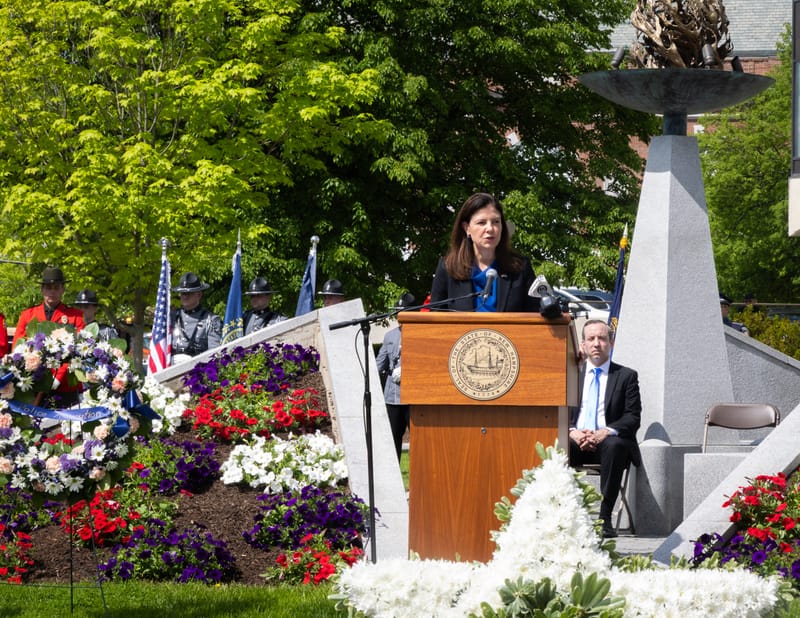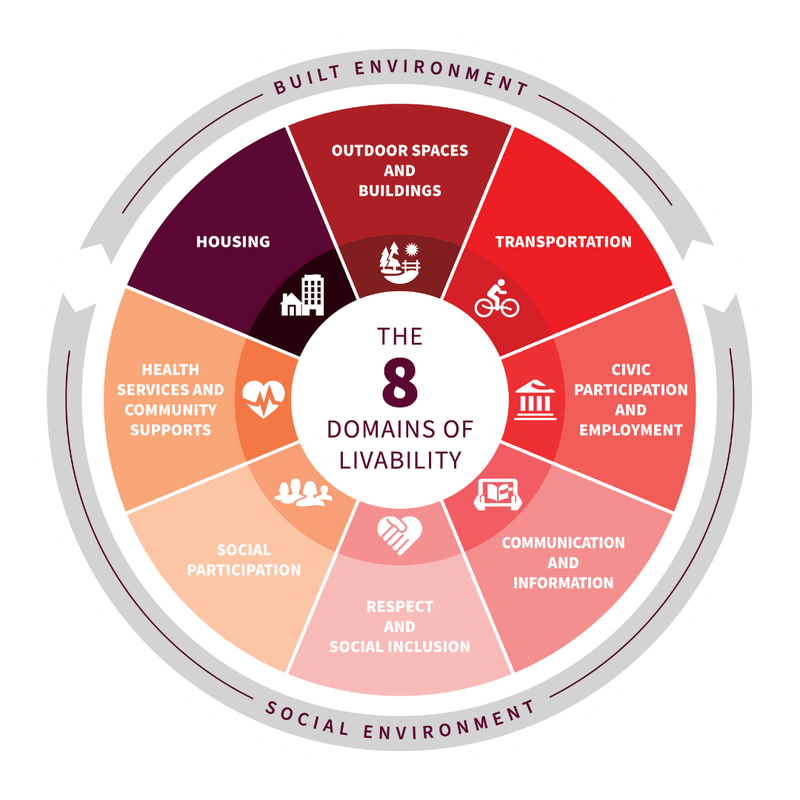Allies important to transgender people
When it comes to transgender people, one gender identity, gender expression, gender-binary definition or sexual orientation doesn’t begin to describe the 1.4 million Americans who identify themselves as transgender.
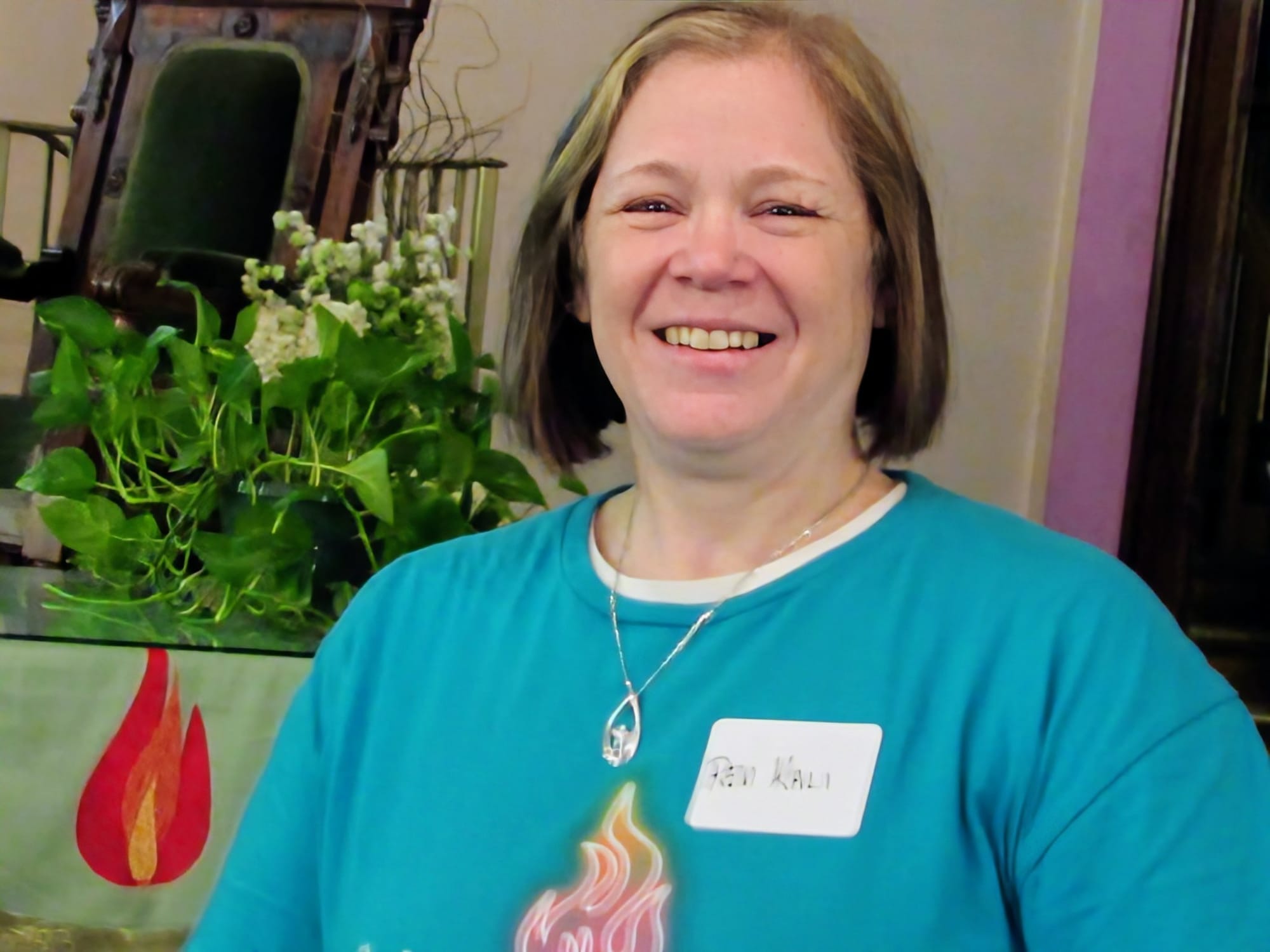
POINT OF VIEW
TIMELY WRITER
By John Angelo

When it comes to transgender people, one gender identity, gender expression, gender-binary definition or sexual orientation doesn’t begin to describe the 1.4 million Americans who identify themselves as transgender.
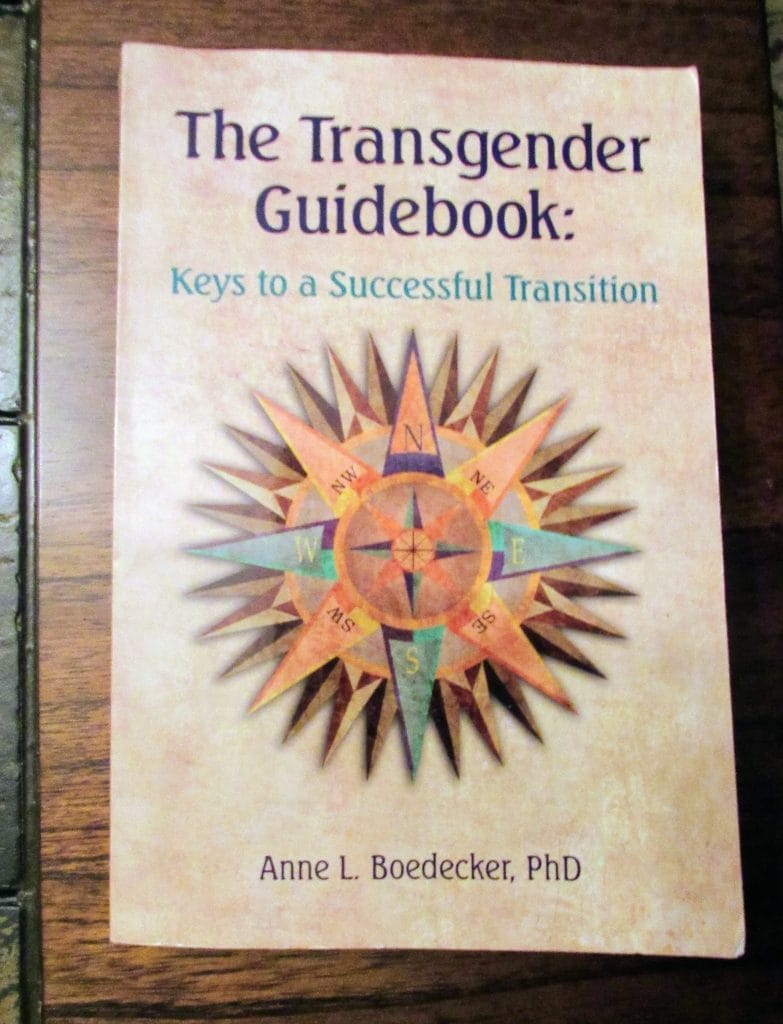
I was honored to be asked to proofread The Transgender Guidebook: Keys to a Successful Transition, by Anne L. Boedecker, PhD. The 2011 book by the now-retired licensed clinical psychologist and gender specialist cleverly compared a transgender or non-binary person’s path to an affirmed self-identity to a hero’s journey. Odysseus’s 20-year journey to return home in The Odyssey found him dodging hungry cyclopses and being tied to the mast of his ship to fend off the come-hither songs of the siren mermaids. What a long strange trip it’s been for LGBTQ+ folks since 1969’s Stonewall riots in New York City. The protesters were demanding an end to police harassment and a new definition for themselves in what would soon become Gay Pride.
“Defining who you are and how you want to present to the world is a very individual decision,” Boedecker writes. “My work has given me a genuine appreciation for the complexity and diversity of the human experience.”
In proofing the manuscript I was surprised to learn that most transgender people stay with the same partner after transitioning. “For most transgender folks it’s not about sex at all,” Boedecker writes.
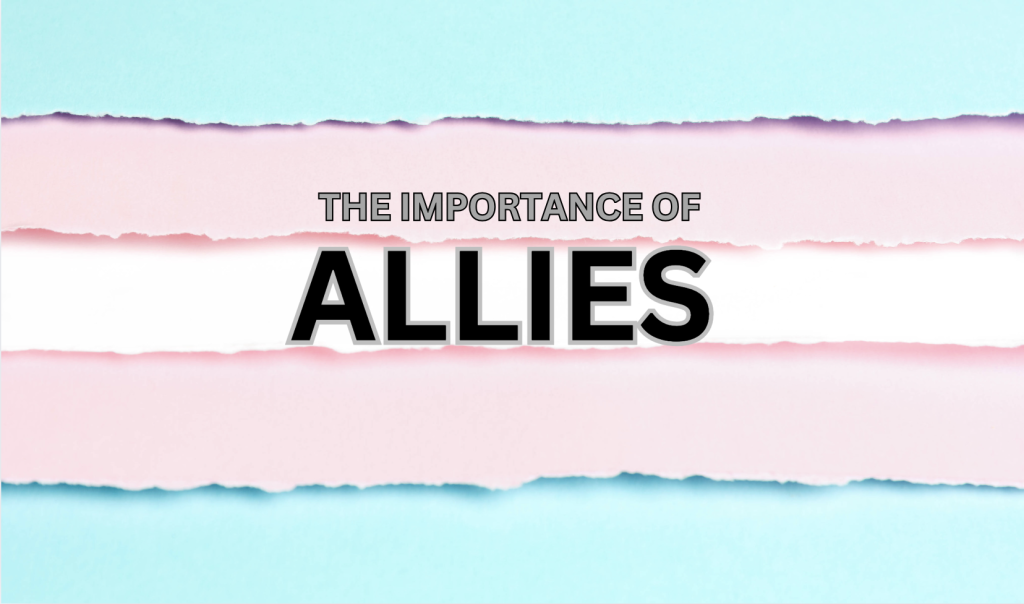
Allies are needed
Allies for transgender and non-binary people are needed. Biden signed into law on Dec. 23 FDY25 NDAA (National Defense Authorization Act). Speaker Johnson inserted a provision in the bill that disallows payment for the gender healthcare needs of transgender children of members of the military. This is the first anti-LGBTQ+ legislation since 1996’s Defense of Marriage Act. Trump is expected to reverse course on Tennessee’s United States vs. Skrmmetti. The plaintiffs are seeking to reverse the 2023 state ban on gender-affirming healthcare for minors.
Understanding definitions are important. Assigned sex comes at birth, recognizing visible genitalia. Cisgender is when the assigned sex matches a person’s gender identity which is the internal sense of being male, female, somewhere in between or neither. Cisgender covers the majority of people. Sexual orientation is the attraction one feels toward other people. Transgender describes a person whose gender identity doesn’t match their assigned sex. Gender expression or social transition is the way we present ourselves to the world. This includes clothing, mannerisms, and appearance. Non-binary and gender expansive are less easily defined as for some, gender identity is fluid. There is no single “right way” to transition. It’s best to ask a person how they would like to be identified with preferred pronouns communicated. Simply put, one size doesn’t fit all in what it means to be transgender. The American Psychiatric Association’s term “gender dysphoria” has been retired as it implies someone is flawed. “She-male” is a popular term but smacks of voyeuristic pornography. It’s impolite, even rude, to ask a transgendered person if they have had or are considering gender reassignment surgery. That’s a very personal decision.
“The focus needs to be acceptance.” – Andy, 30, a transgendered man whose journey began when they were 15
“Gender non-conforming is an umbrella term,” Andy said. He’s a 30-year old transgendered man whose journey began when they were 15. “There are long-time regulations in our culture. Fortunately I found friends online and at college where I was a member of a Gay-Straight Alliance.”
“My transition was difficult for my parents, especially for my father,” Andy continued. “I used my old name for a long time.”
Andy feels his transition made it easier for his family of origin when his sister later came out as queer to their parents. He feels that allies need to feel comfortable with change and experimentation. He has, however, been with the same partner for a decade, helping to dispel the belief that being trans is “a phase.”
He marks the November 20th Transgender Day of Remembrance with a vow of silence each year. The day recognizes transgender people who have met with physical violence, including murder, over the previous year. For the K through 12 age group 78% of transgendered youth report being verbally harassed; 35% report being physical assaulted; 15% report dropping out of school while 12% reported being sexually assaulted; 6% are expelled. Statistics are higher for people of color.
“Allies need to know how to engage safely,” Andy concluded. “The focus needs to be acceptance.”

“We embrace and acknowledge each other as valuable.”– Rev. Kali Fyre
Kali Fyre is the minister of Manchester’s Unitarian-Universalist Church. The traditionally liberal denomination flies both the rainbow and transgender flags, also known as the progressive pride flag, in front of the church.
“Our first principle is ‘The inherent worth and dignity of every person,’” Rev. Fyre explained. Over a decade ago the Manchester church went through the steps to becoming an officially Welcoming Congregation within the Unitarian-Universalist tradition. “We hold love as the center of the first principle,” Rev. Fyre said. “We embrace and acknowledge each other as valuable.”
“I think we’re getting there,” Rev. Fyre said when asked about the church affirming, not just accepting, trans members.
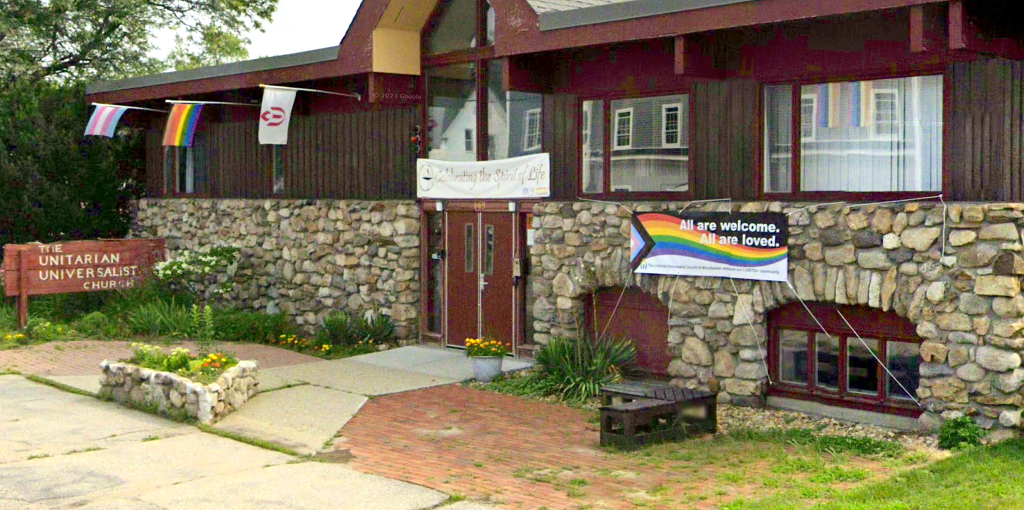
“There was an incident over the summer with some church members who had resistance to transgender and non-binary members of the congregation,” Rev. Fyre said. “Overall, the core group of trans and non-binary people in our community, who I regularly communicate with, feel comfortable and welcome here.”
It remains to be seen how the incoming Trump administration will treat transgender and non-binary citizens. Past performances are not hopeful. “Part of our challenge is identifying those members who are here and with the community that is coming in here and taking root,” Rev. Fyre explained. “They’re ours to protect. People will need a safe space and a sanctuary for them to be themselves and to be who they are authentically and in the wider community given the shifts in the political climate. They may have to be something they don’t feel authentic as in public. Here they can be safer and be who they are. Specifically, the Welcoming Congregation title is related to the LGBTQIA+ community, the queer community for shorthand, for ways that we can be prepared for when people come in and are welcomed. Learning what it means to be an ally for that experience, someone’s experience in being transgender, non-binary, queer, lesbian or gay, all the different ways people want to be identified.”
“The biggest hurdle we had to overcome was telling our family and friends.” – Dean and Peggy, parents of a trans son
Dean and Peggy (pseudonyms) are the parents of 31-year-old Paul, a trans son. Their reaction at his coming out was positive.
“We wanted our then-daughter to know that we wanted them to be happy,” Dean said. We supported them and most of all we loved them as the same lovable person.”
“The biggest hurdle we had to overcome was telling our family and friends,” Dean continued. “Our son originally sent out a letter to family and friends letting them know. That helped lay out a narrative helping to make it easier. Another hurdle was learning the pronouns for our son and his LGBT+ friends. It took some time for us to learn but it was important that we did.”
“Peggy went to counseling at first and presently belongs to some online groups,” Dean said. “We both also have peer support. My wife and I support our son as any parent would support their child. We accept him for who he is and support his hopes and dreams as any parents should. Peggy and I hope that as a society there is a day when all people are accepted for who they are.”
“Acceptance is a lifelong experience.” – Paul, my good friend and longtime trans ally
Paul has been a good friend for many years. He’s a gay man my own age and he’s been a longtime activist supporting the transgender community. We’ve grown closer over the last decade as he’s consistently supported me as I’ve had to come to terms with mental health injuries.
Paul and I shared a New Hampshire historic moment on the state house plaza in ringing in 2008. We distributed white cupcakes that my wife Lorrie had made in celebration of her daughter, Ellie, joining her partner, Melissa, in a just legislated civil union. A cupcake pattern quickly emerged as recipients thought Paul and I were celebrating our own civil union. We preferred to spread joy on this happy night rather than fact, and didn’t correct anyone. Civil unions automatically became marriages in New Hampshire in 2011.
Paul and I also belonged to a men’s group in which he was the only gay man. He was also the only one in the group who hadn’t been divorced.
“Realization and acceptance were vital steps in feeling comfortable with myself,” Paul said. “I realized at five years old that something was different for me when I saw pictures of men and women holding hands. I thought why not a man and a man?”
“I didn’t see role models,” Paul continued. “I thought I was the only one with these feelings and didn’t talk about it with other people as they couldn’t understand.”
“Fitting in in high school was a challenging time for me. I was not involved with any sports teams, however that did not have as much to do with not fitting in as what I experienced in phys ed and in other ways,” Paul said. “I did experience a source of harassment/bullying because sports wasn’t my thing, not being athletically inclined. I was called a faggot and I would not have reported it as that would have outed me and I was not ready for that.”
“Acceptance is a lifelong experience,” he continued. “I’ve had the support of family and friends. Coming out was positive. I wouldn’t have wanted to be straight. It’s been an opportunity to know myself better. Connections with folks are more genuine.”
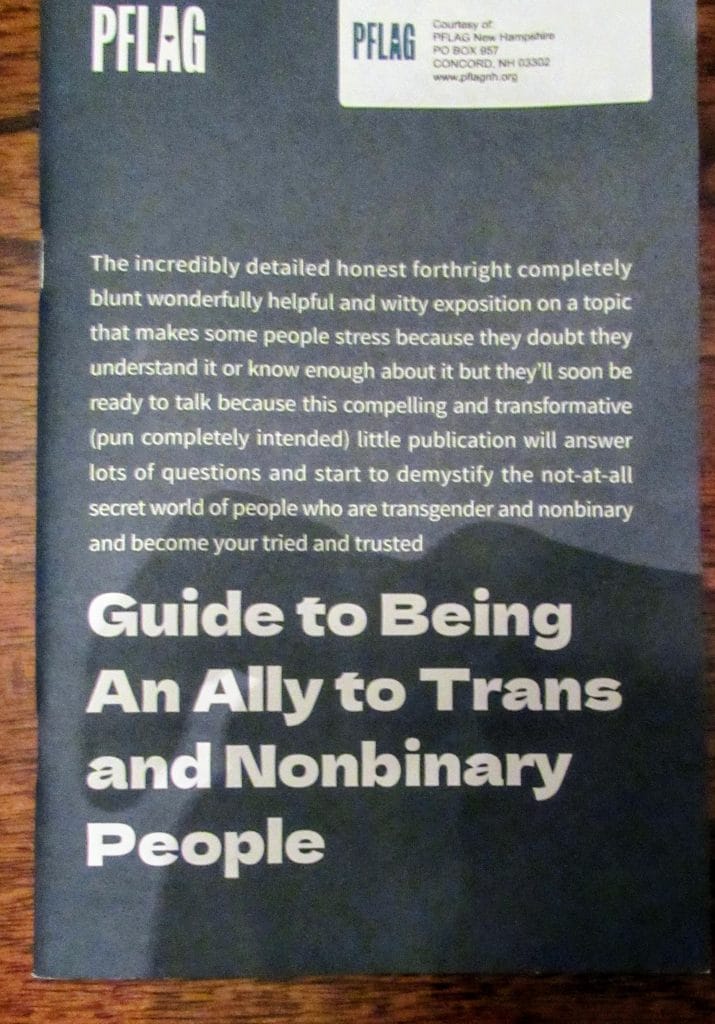
Resources
SOFFA –Significant Other, Friends. Families and Allies can be reached online at: www.umbrellacollective/soffa-support LGBTQ+ ( 720-663-0163). A Zoom support meeting is the third Monday of the month at 7-8 P.M. (Rocky Mountain time). Registration is required and a form is available on the website.
info@pflag.org (202-467-8180). PFLAG (Parents and Friends of Gays and Lesbians) is the oldest and largest organization to support transgender people. Education and understanding are core values of the organization which has 400 chapters and 200,000 members in the United States. PFLAG publishes the booklets Our Trans Loved Ones and Guide to Being an Ally to Trans and Nonbinary People.
www.glnh.org This National Help Center (888-843-4564) has hotlines for LGBTQ+ seniors, youth and those who need help coming out. They also help with finding local resources and provide information on relevant films, books and podcasts.
John Angelo can be reached at timelywriter@hotmail.com


